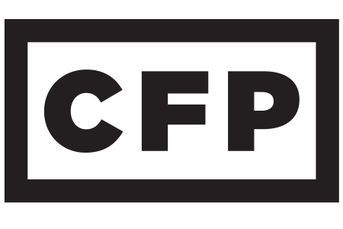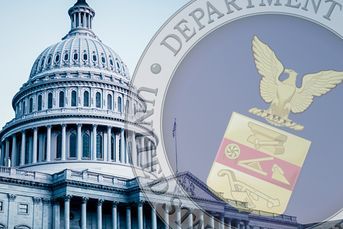Market swings are inevitable, so help your clients focus on overall financial health

Now is the time to remind clients of what's in their control.
We’ve heard a lot of painful remembrances of the slow but steady market drain of 2008-09 over the past week — or, really, since September hit. What has become known as the Great Recession has stuck with many of us, mentally. Despite a stock market that today seems tireless in its daily climb, you’ve no doubt felt client jitters each time a new high is celebrated. Someone was surely celebrating in 2007, too.
While it’s good to learn lessons from exuberant moments that suddenly turn on us, we must take Mark Twain’s sentiment to heart: “We should be careful to get out of an experience only the wisdom that is in it and stop there lest we be like the cat that sits down on a hot stove lid. She will never sit down on a hot stove lid again, and that is well, but also she will never sit down on a cold one anymore.”
Whether the stove (read “market”) is hot or cold right now, we must not be consumed by it. Fear is not only unhealthy, it has the potential to distract us from effective measures for shoring up one’s financial health. Unlike market moves, some actions are within a person’s control, and these are what advisers should counsel when a look back at crashes and crises condemns us to sleepless nights.
Personal budget. It’s easy to tell clients to spend less and save more, but it’s more effective to get specific. Hold clients to a budget that details, when possible, inflows that far exceed outflows. This, of course, doesn’t apply to those with pricey debt, who should pay that financial burden down as quickly as possible.
Spend wisely. Life isn’t only about sacrifice. We work hard and want to enjoy some fruits of our labor. But a big-ticket item’s price can shrink when research and comparison shopping come into play. Know which features are essential, which aren’t and who’s got the best deal. The same goes for medical expenses, especially for people with high-deductible plans, and colleges.
(More: 9 lessons from the global financial crisis)
Tax advantages. Whatever doesn’t go to Uncle Sam stays with you. It’s not about dodging your taxes, but rather being aware of opportunities the government has enacted to nudge you toward saving. Whether it’s a workplace retirement plan or IRA, health savings account, flexible spending account or commuter benefits, the more you take advantage of these programs, the more you save.
Salary negotiation. Know what you’re worth. Discover what the going rate is for your position, level of responsibility and region, and sit down with your boss to discuss what you know to be fair pay. This is the last place many clients will look, but it often has the greatest impact on financial health long term.
These are just a few ways advisers can help clients take greater control of their finances when much of their investments targeted for growth face inevitable, sometimes dizzying, swings.
Learn more about reprints and licensing for this article.








